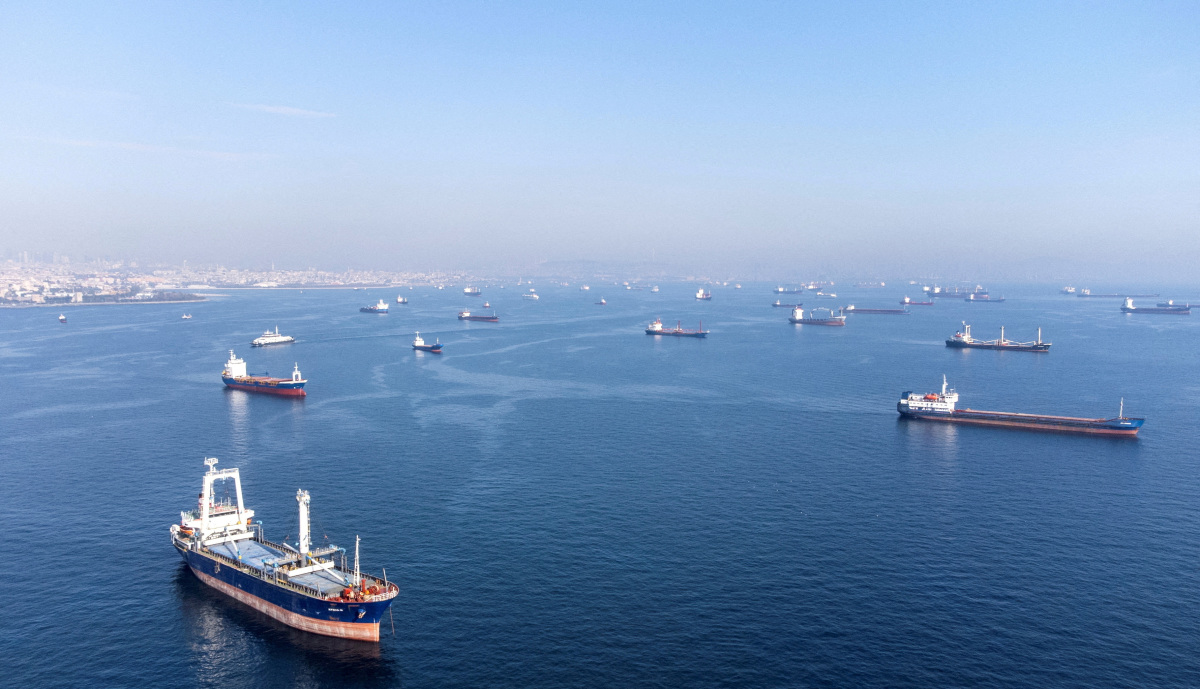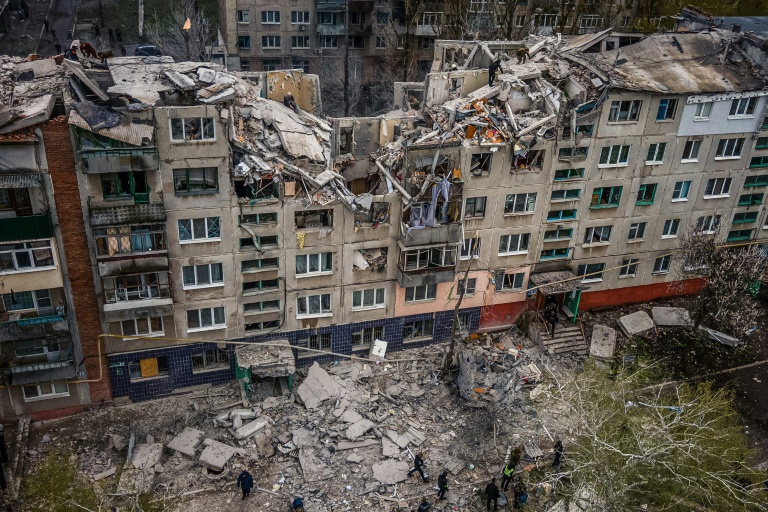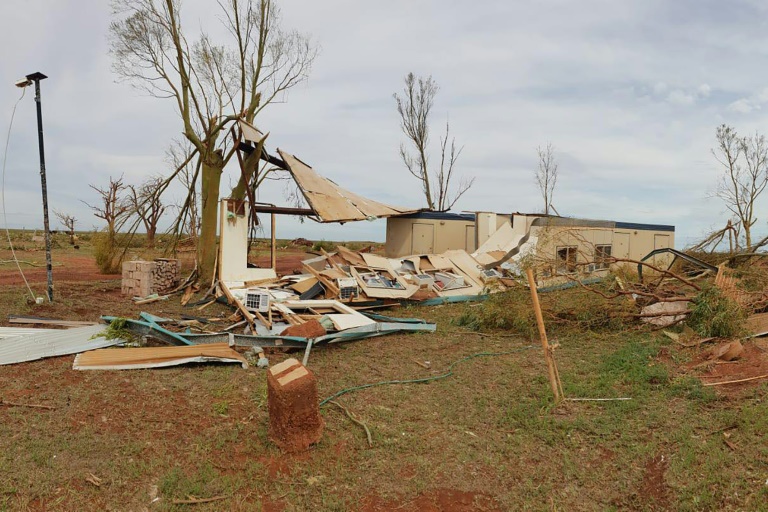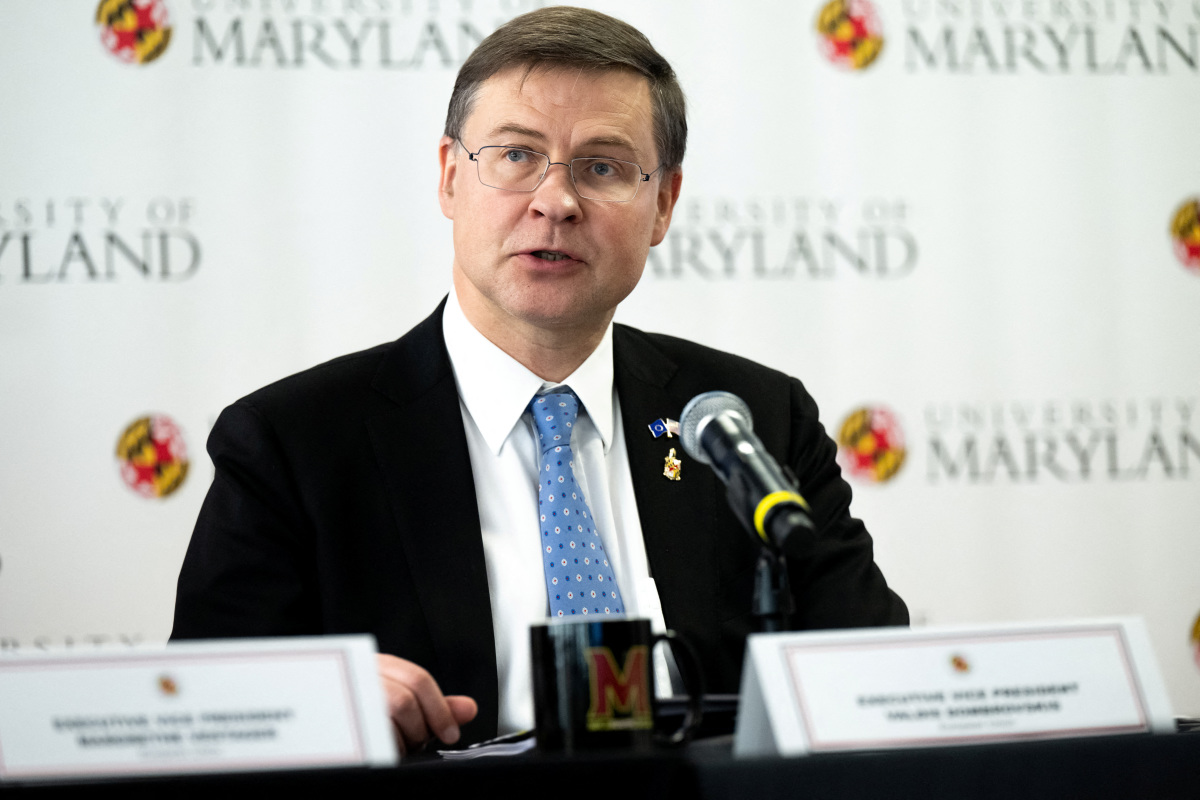Reuters
U.N. Secretary-General Antonio Guterres has written to Russia, Ukraine and Turkey to raise concerns about the implementation of a deal that allows the safe wartime export of grain from several Ukrainian Black Sea ports, a U.N. spokesman said on Friday.
The United Nations has said no ships were inspected on Tuesday under the deal – agreed in July last year – “as the parties needed more time to reach an agreement on operational priorities.” Inspections resumed on Wednesday.
“The Secretary-General has written letters to the parties and we are diligently working in close collaboration with Turkey to maintain the continuation of the vital agreement,” U.N. spokesman Stephane Dujarric told reporters.
The agreement was brokered by the U.N. and Turkey to help tackle a global food crisis that U.N. officials said had been worsened by the most deadly war in Europe since World War Two. The deal saw a resumption of Ukraine’s Black Sea grain exports, which had been halted by Russia’s Feb. 24, 2022, invasion.
All ships are inspected by officials from Russia, Ukraine, Turkey and the United Nations in waters near Turkey on the way in and out of Ukraine. The United Nations said there are dozens of ships waiting to be inspected before they travel to Ukraine.
“There are different views … on the vessels to be registered and inspected in the coming days,” said Dujarric, adding that there are “active discussions” on the issue within the Joint Coordination Centre in Istanbul, which is made up of Russian, Ukrainian, Turkish and U.N. officials.
Dujarric said two inbound and two outbound ships were inspected on Friday.
“Until recently, new vessels were presented by Ukrainian port authorities and agreed by all parties for registration and follow-up inspection,” he said. “This was established practice in line with Ukraine’s role in managing its port activities.”
“We support the implementation of the agreed procedures, and we can facilitate discussions on any proposed changes,” Dujarric said. “However, any change should be agreed by all parties within the framework of Joint Coordination Centre.”
Inbound inspections had became less efficient as Russia began to insist on a random list of vessels to be chosen for inspection each day, a source familiar with the situation said earlier this week.
Last month, Russia agreed to renew the grain export deal for at least 60 days, half the intended period, and Moscow has said it would only consider a further extension if several demands in relation to its own exports were met.
Russia’s Foreign Ministry said on Thursday that “there is no need to talk about the further extension of the Black Sea initiative after May 18” unless there was progress on solving what it called “systemic problems” with its own food and fertilizer exports.







